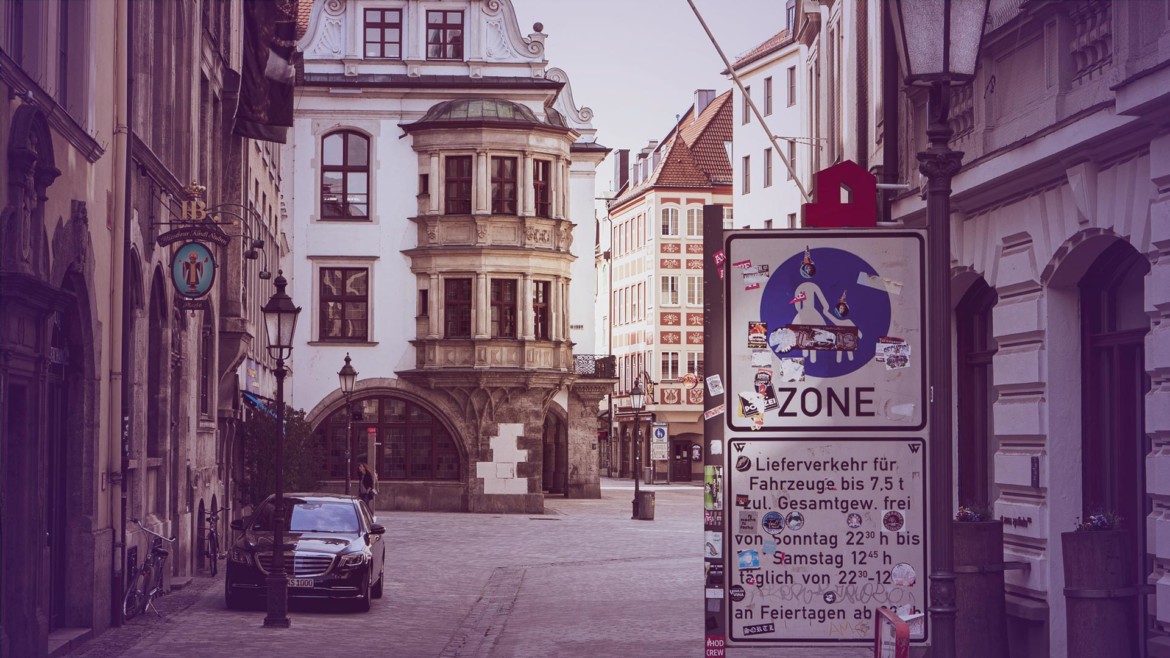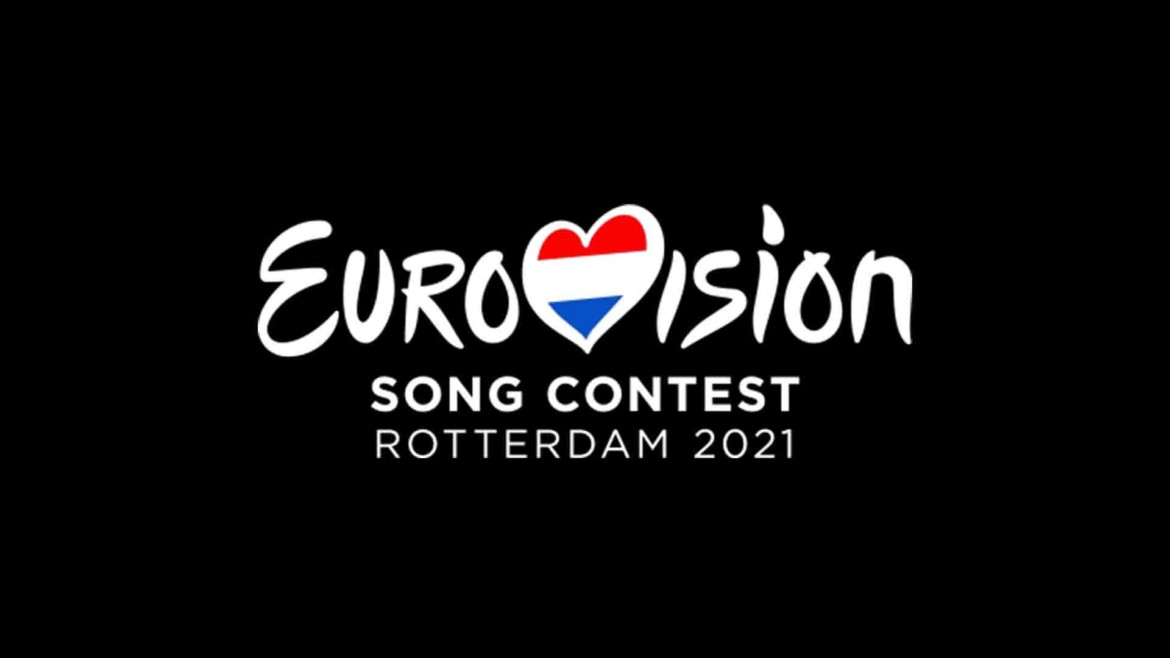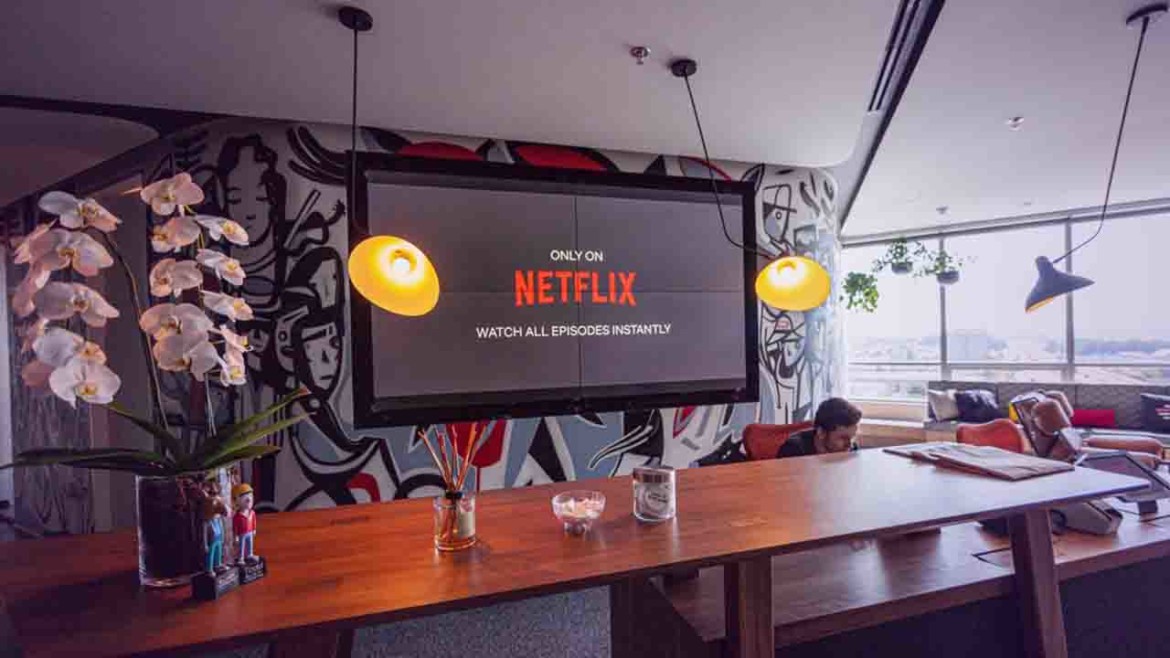The pandemic has greatly changed our society. But it also brought to light structural problems that had long lain dormant below the media’s radar. These structural problems became particularly visible where livelihoods were threatened. For it was precisely there that the role played by certain social actors and the amount of power and resources they have at their disposal became apparent.
The cultural and creative industries have been hit very hard by the measures to combat the pandemic. And it has been for 15 months. The tourism industry and airlines like Lufthansa are also being hit hard. Less existential in the economic sense, but still hard hit, are churches and faith communities, which are no longer allowed to gather for their faith practices. The education system, professional and amateur sports, and large areas of the non-profit sector are also suffering from the pandemic.
Who has power and means?

© Tim Hufner
All the measures are about protecting lives at risk from the pandemic. But it was also about not overburdening the health system, which is underfunded due to privatization and can only control the crisis if the incidence of infection is relatively low. And although it is actually the central player in the crisis, there was only relatively brief talk about the problems there. The cynical clapping from the balcony quickly died away. Structural changes and improvements have hardly been made. Instead, the really big sums of money were spent on bailing out the economy.
But this is not so much about financial aid or the health care system. It is a well-known fact that the federal government has lent 9 billion euros to Lufthansa without any objections, while the cultural and creative industries – as of now – will only receive a total of 4.5 billion. The disproportionate nature of this is obvious, even if a distinction must of course be made between the different responsibilities of the federal and state governments.
Here it should be more about the disproportionality, which have reached us on so different images from different sectors. Like a church service in the cinema, while this is closed and may not show films. Or the cultural venues not played for 15 months and densely packed crowds at Mallorca Airport at the same time. But also the empty streets during curfews in Germany and the vibrant music events in the UK.
The lobby of Christians
The fact that churches enjoy a special status during the crisis became more than clear in the discussions of an Easter lockdown. Drastic measures were planned and also decided on for a short time. For the first time, even supermarkets were to close on additional, so-called days of rest. The economy was to come to a complete standstill for a few days. However, due to logistical problems in implementing the measures in the short term and because of massive criticism, the Easter lockdown was withdrawn shortly after it had been decided. It was a stellar moment for German Corona policy.

Apart from that, however, the treatment of the churches was particularly interesting. For they were by no means forced to keep their doors closed, but merely asked to do so. Not asked; asked! But this request alone caused great incomprehension and enormous criticism on the part of the churches and even in the own ranks of the Christian parties. Together with the Easter lockdown, this request was also withdrawn and Merkel apologized. The interests of the Christian churches are not only strongly represented in politics, in fact the boundaries between politics and lobby are completely blurred here. And then even a request from the chancellor is enough for outrage.
Mallorca is not Saxony
Church and culture fulfill similar functions of creating identity, providing security and generating social cohesion. Treating the culture of faith differently from cultural events here may be coherent from a conservative point of view, but in fact it is short-sighted and disproportionate. Those who live religiously are clearly favored in our society. That is not new. But when other offers are no longer available, it takes on a different drama and is exclusionary. Movies are not allowed in the cinema, but a church service is.

The densely packed crowds at Mallorca airport create a similar sense of disproportion. After all, at the same time it was not possible to travel to another state, let alone leave the house after midnight. And whether attending an outdoor event with a hygiene concept and distance rules is actually more dangerous than traveling to Mallorca is open to question. The former was prohibited, the latter was possible without any problems.
Here, too, the influence of a political player can be assumed. In this case, probably the tourism industry, which wanted to fill up its airplanes and hotels. There is no other way to explain why the trip to Saxony is illegal, but the flight to Mallorca is not.
Just sit out the pandemic
A number of test events have now taken place in England. A total of 58,000 visitors have taken part in the events. As The Telegraph reports, there were only 15 positive Corona tests among those who attended. Among the events were a rave in Liverpool, the BRIT Awards and the FA Cup. The study’s findings said that attending a major event was no more dangerous than going to a restaurant or supermarket.
These images of people partying exuberantly while under a nighttime curfew in Germany has also created a sense of disproportionality. Soon there will be the first model tests in Germany, such as the Pangea festival near Rostock. From August 19 to 22, 15,000 visitors are expected to attend.

Overall, however, the German government is acting very cautiously. It is not trying to live with the pandemic, but simply to ride it out. Perhaps this will succeed and we will soon find ourselves vaccinated through to a new normality. But perhaps new mutations will delay this scenario even longer. And then what? After the lockdown is before the lockdown? Cancellation of all events? Church instead of culture?
Nothing works without a lobby
We can only guess what goes on behind the closed doors of the parliamentarians. We only get to see the results, such as the 9 billion euros for Lufthansa or the opening of Mallorca to German tourists. But it is clear that lobbying plays a role here.
Certain subsectors of the cultural and creative industries are now also relatively well organized, as our popular examples from Berlin – the Clubcommission and the Berlin Music Commission – show. Other sectors of the creative industry have also become more organized and united during the crisis, in order to be able to speak and demand with a united voice. This is certainly a positive effect of the pandemic that could have a lasting impact on the status of culture and its economic sector.
Never before has it been so clear how important it is to have strong representation of one’s own interests in politics. The Christian churches have entire parties for this purpose. The major economic sectors have powerful lobbyists. The cultural and creative industries are in the midst of a professionalization process. Care, by the way, does not have a strong lobby and clapping from the balcony is unfortunately not enough.






Leave a Reply